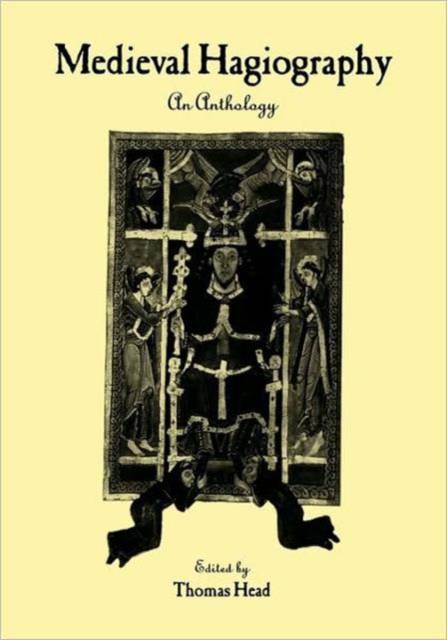
- Retrait gratuit dans votre magasin Club
- 7.000.000 titres dans notre catalogue
- Payer en toute sécurité
- Toujours un magasin près de chez vous
- Retrait gratuit dans votre magasin Club
- 7.000.0000 titres dans notre catalogue
- Payer en toute sécurité
- Toujours un magasin près de chez vous
Description
This collection presents-through the medium of translated sources-a comprehensive guide to the development of hagiography and the cult of the saints in western Christendom during the middle ages. It provides an unparalleled resource for the study of the ideals of sanctity and the practice of religion in the medieval west. Intended for the classroom, for the medieval scholar who wishes to explore sources in unfamiliar languages, and for the general reader fascinated by the saints, this collection provides the reader a chance to explore in depth a full range of writings about the saints (the term hagiography is derived from Greek roots: hagios=holy and graphe=writing). The thirty-six chapters contain sources either in their entirety or in selections of substantial length. The great majority of the texts have never previously appeared in English translation. Those which have appeared in earlier translation, are here presented in versions based on significant new textual and historical scholarship which makes them significant improvements on the earlier versions. All the translations are accompanied by introductions, notes, and suggestions for further reading in order to help guide the reader. The first selections date to the fourth century, when the ideals of Christian sanctity were evolving to meet the demands of a world in which Christianity was an accepted religion and when the public veneration of relics was growing greatly in scope. The last selections date to the period immediately prior to the Reformation, a period in which the traditional concept of sanctity and acceptability of de cult of relics was being questioned. In addition to numerous works from the clerical languages of Latin and Greek, the selections include translations from Romance, Celtic, Germanic, and Slavic vernacular languages, s well as Hebrew texts concerning the martyrdom of Jews at the hands of Christians. Originating in lands from Iceland to Hungary and from the Baltic to the Mediterranean, they are taken from a full range of the many genres which constituted hagiography: lives of the saints, collections of miracle stories, accounts of the discovery or movement of relics, liturgical books, visions, canonization inquests, and even heresy trials.
Spécifications
Parties prenantes
- Auteur(s) :
- Editeur:
Contenu
- Nombre de pages :
- 886
- Langue:
- Anglais
- Collection :
Caractéristiques
- EAN:
- 9780415937535
- Date de parution :
- 23-07-01
- Format:
- Livre broché
- Format numérique:
- Trade paperback (VS)
- Dimensions :
- 179 mm x 252 mm
- Poids :
- 1487 g

Les avis
Nous publions uniquement les avis qui respectent les conditions requises. Consultez nos conditions pour les avis.






